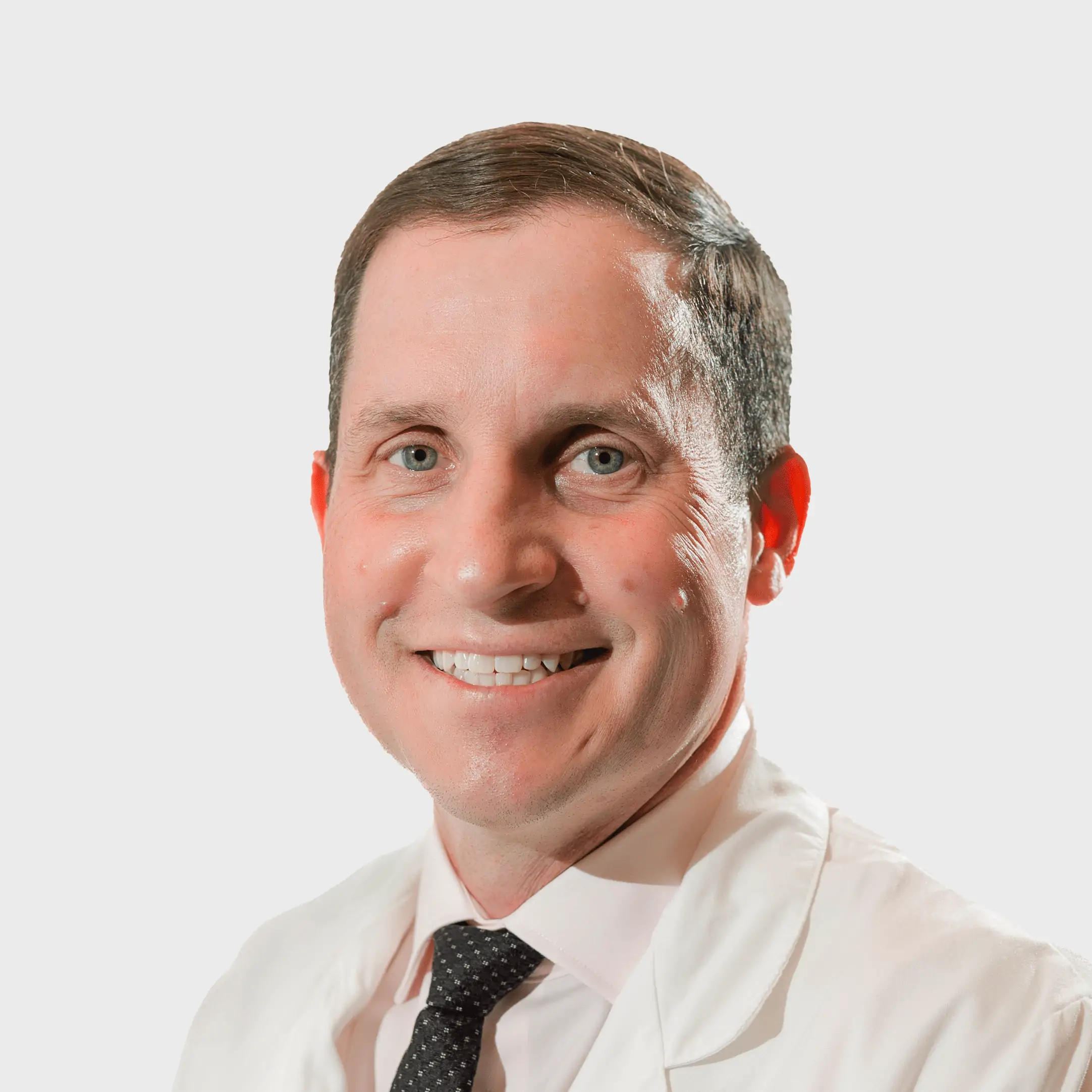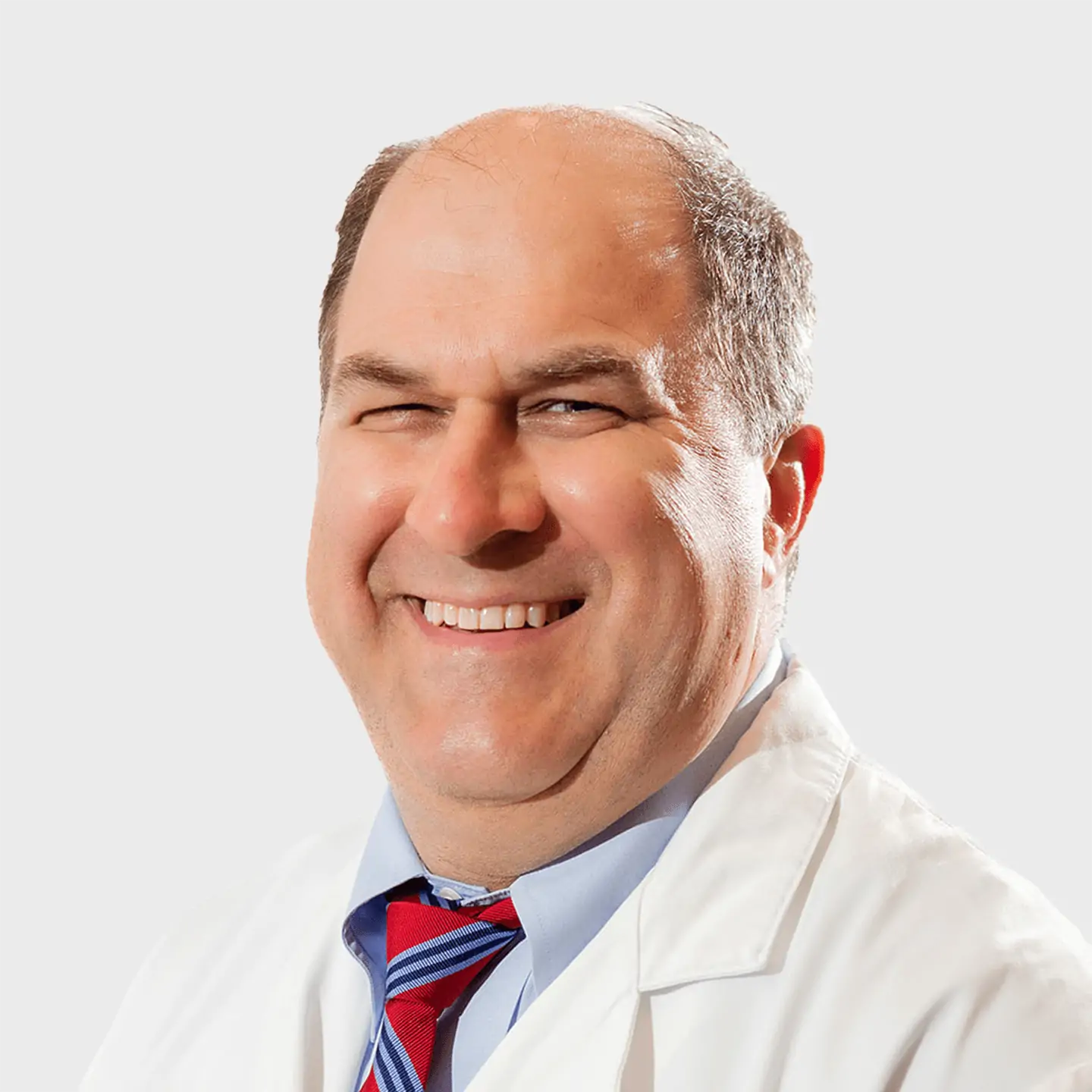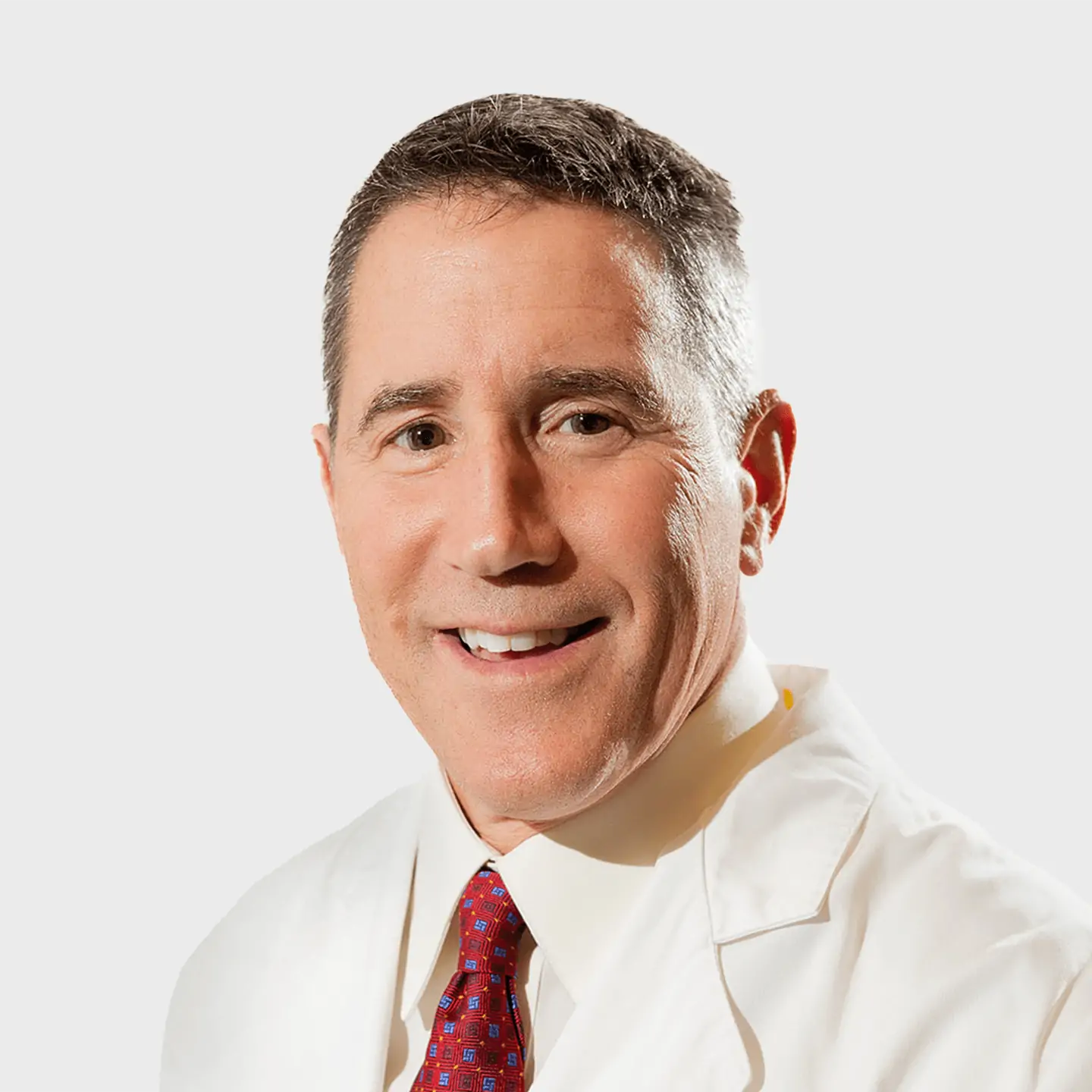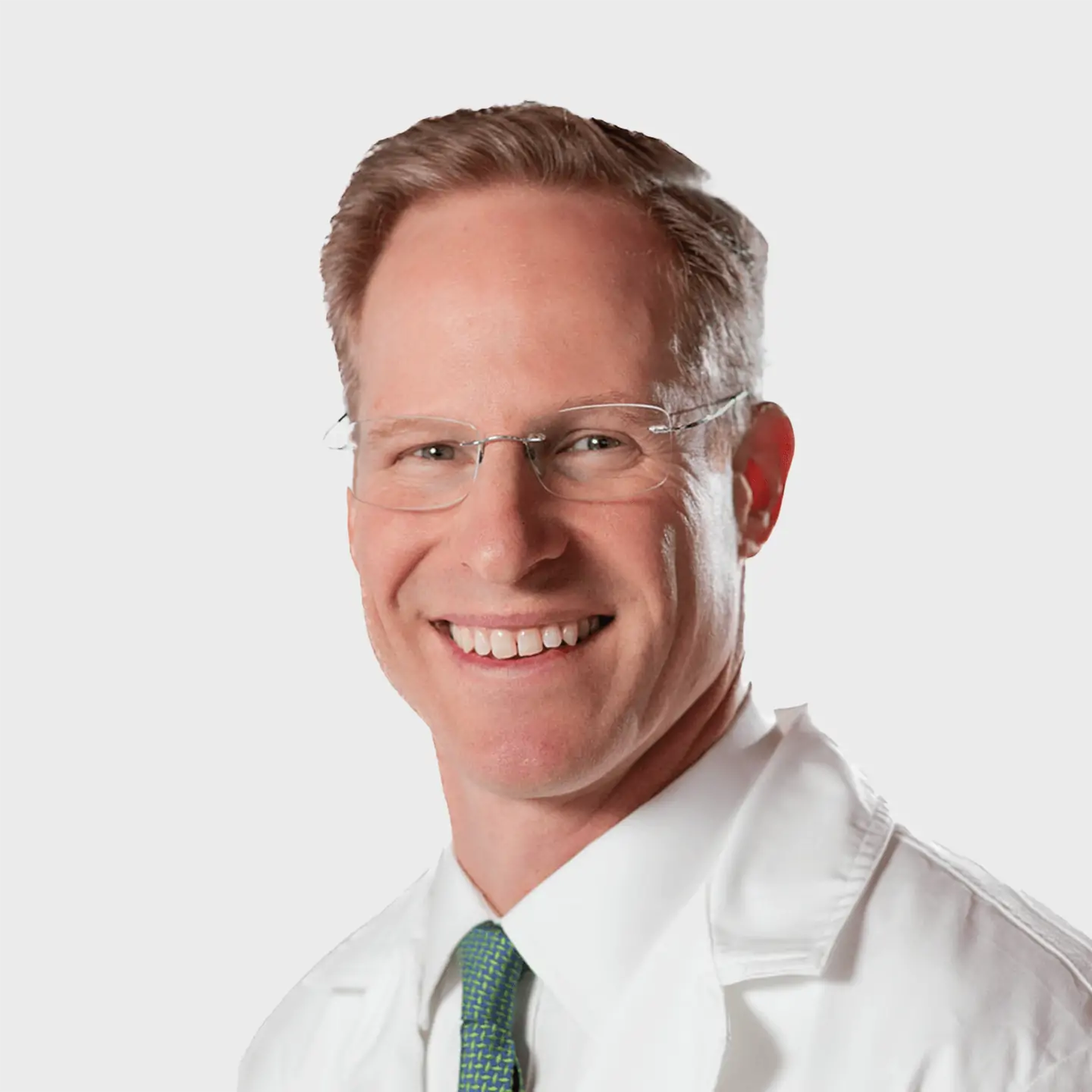Shoulder replacement surgery is an effective orthopedic treatment for severe shoulder pain where damaged parts of the shoulder are replaced with artificial components. The procedure helps restore mobility and relieve patients in severe pain and get back to everyday activities.
What to Know About Shoulder Replacement Surgery
Not everyone needs surgery to treat their injured shoulder, but for those who do, there are multiple options available.
Types of Shoulder Replacement Surgery
- Total shoulder replacement – the shoulder is a ball-and-socket joint (like your hip), a replacement typically involves replacing the “ball” atop your upper arm as well as the “socket” in your shoulder blade.
- Partial shoulder replacement – If the damaged part of the shoulder is isolated to a specific area, our surgeons may recommend a partial shoulder replacement where only the ball is replaced.
- Reverse shoulder replacement – This type of surgery is used in cases where the rotator cuff muscles are damaged beyond repair. In a reverse shoulder replacement, the ball and socket positions are reversed, so your arm can be powered by the deltoid muscles instead of the rotator cuff.
Which Conditions Does Shoulder Replacement Surgery Treat?
- The most common condition that patients seek shoulder replacement surgery for is osteoarthritis, which is the most common form of arthritis. It is caused by wear and tear and causes pain and stiffness in joints. It is most common among older adults.
- Other conditions that shoulder replacement surgery may treat include:
- Post-traumatic arthritis
- Rheumatoid arthritis
- Rotator cuff injuries
- Severe fractures
- Failed previous shoulder replacement surgery
Who is a Good Candidate for Shoulder Replacement Surgery?
While shoulder replacement surgery is becoming more common, the treatment is typically recommended for:
- Patients who experience severe shoulder pain to the point where everyday activities are painful and difficult such as washing in the shower, reaching for something, etc.
- Patients with poor range of motion or weakness in the shoulder
- Patients who experience significant shoulder pain while they are sleeping.
- Patients who have not responded to other treatments like physical therapy, medications, injections, or other procedures
- Patients who had a previous shoulder replacement that was unsuccessful
What Can I Expect During Recovery Following Shoulder Replacement Surgery?
Depending on their overall health and other factors, patients could go home the same day of the surgery (outpatient) or they may require a hospital stay for observation for a few days (inpatient).
You will be required to wear an immobilizer to promote healing, which is similar to a sling.
A patient’s recovery experience is also dependent on his or her adherence to a recovery plan.
The recovery plan for shoulder replacement surgery may include:
- Physical therapy – this is usually done in-home for the first two weeks and then the patient switches to in-person physical therapy
- Limiting or modifying activities
- Using assistive devices
- Total shoulder replacement – the shoulder is a ball-and-socket joint (like your hip), a replacement typically involves replacing the “ball” atop your upper arm as well as the “socket” in your shoulder blade.
- Partial shoulder replacement – If the damaged part of the shoulder is isolated to a specific area, our surgeons may recommend a partial shoulder replacement where only the ball is replaced.
- Reverse shoulder replacement – This type of surgery is used in cases where the rotator cuff muscles are damaged beyond repair. In a reverse shoulder replacement, the ball and socket positions are reversed, so your arm can be powered by the deltoid muscles instead of the rotator cuff.
- The most common condition that patients seek shoulder replacement surgery for is osteoarthritis, which is the most common form of arthritis. It is caused by wear and tear and causes pain and stiffness in joints. It is most common among older adults.
- Other conditions that shoulder replacement surgery may treat include:
- Post-traumatic arthritis
- Rheumatoid arthritis
- Rotator cuff injuries
- Severe fractures
- Failed previous shoulder replacement surgery
While shoulder replacement surgery is becoming more common, the treatment is typically recommended for:
- Patients who experience severe shoulder pain to the point where everyday activities are painful and difficult such as washing in the shower, reaching for something, etc.
- Patients with poor range of motion or weakness in the shoulder
- Patients who experience significant shoulder pain while they are sleeping.
- Patients who have not responded to other treatments like physical therapy, medications, injections, or other procedures
- Patients who had a previous shoulder replacement that was unsuccessful
Depending on their overall health and other factors, patients could go home the same day of the surgery (outpatient) or they may require a hospital stay for observation for a few days (inpatient).
You will be required to wear an immobilizer to promote healing, which is similar to a sling.
A patient’s recovery experience is also dependent on his or her adherence to a recovery plan.
The recovery plan for shoulder replacement surgery may include:
- Physical therapy – this is usually done in-home for the first two weeks and then the patient switches to in-person physical therapy
- Limiting or modifying activities
- Using assistive devices
Why Choose Middlesex Orthopedic & Spine Associates for Shoulder Issues
Middlesex Orthopedic & Spine Associates’ orthopedic shoulder surgeons are dedicated to providing surgical and nonsurgical approaches to treating acute and chronic shoulder conditions. Our specialists strive to offer the highest level of shoulder care that helps patients to restore function, reduce discomfort, provide relief, and prevent further injury.
Physicians

- Sports Medicine
Practicing in:
Middletown, Hebron, Newington, and Westbrook
- Sports Medicine
- Hip and Knee Replacement
Practicing in:
Middletown and Westbrook
- Sports Medicine
- Hip and Knee Replacement
Practicing in:
Middletown, Marlborough, and Newington
- Hand and Upper Extremity
Practicing in:
Middletown, Marlborough, Newington, and Westbrook
- Sports Medicine
- Hip and Knee Replacement
Practicing in:
Middletown, Westbrook, and Marlborough
- Sports Medicine
- Hip and Knee Replacement
Practicing in:
Middletown, Hebron, and Newington


